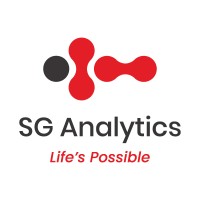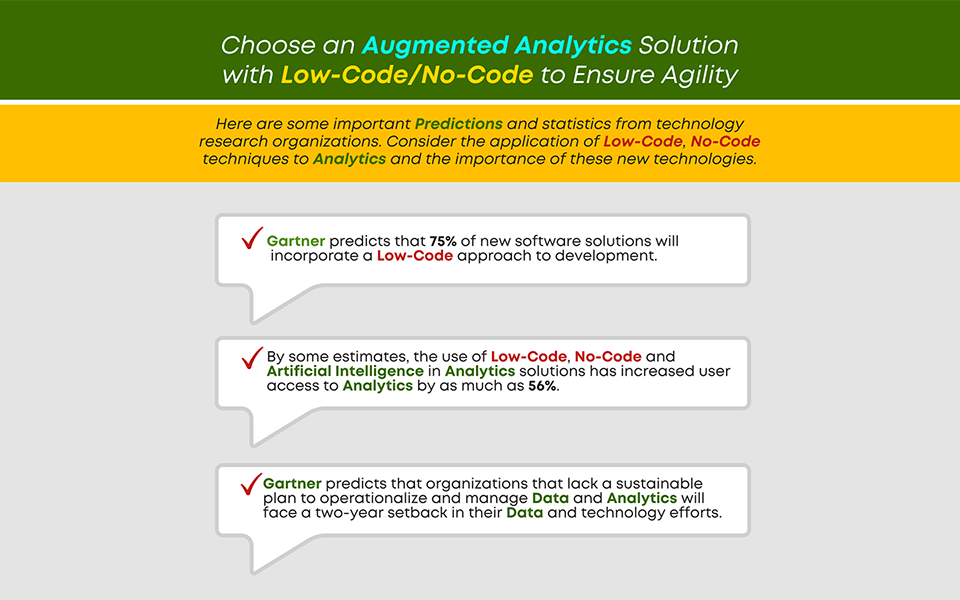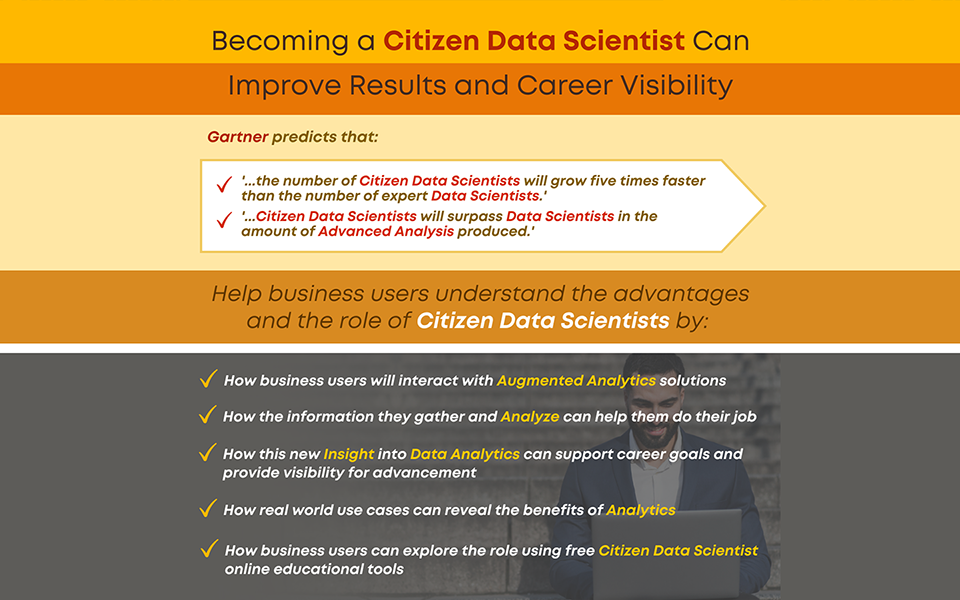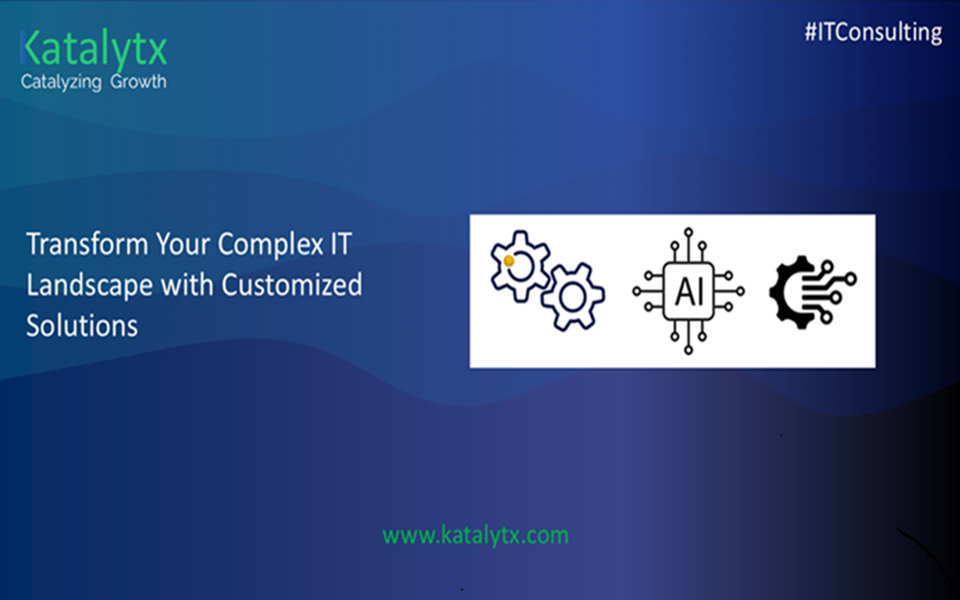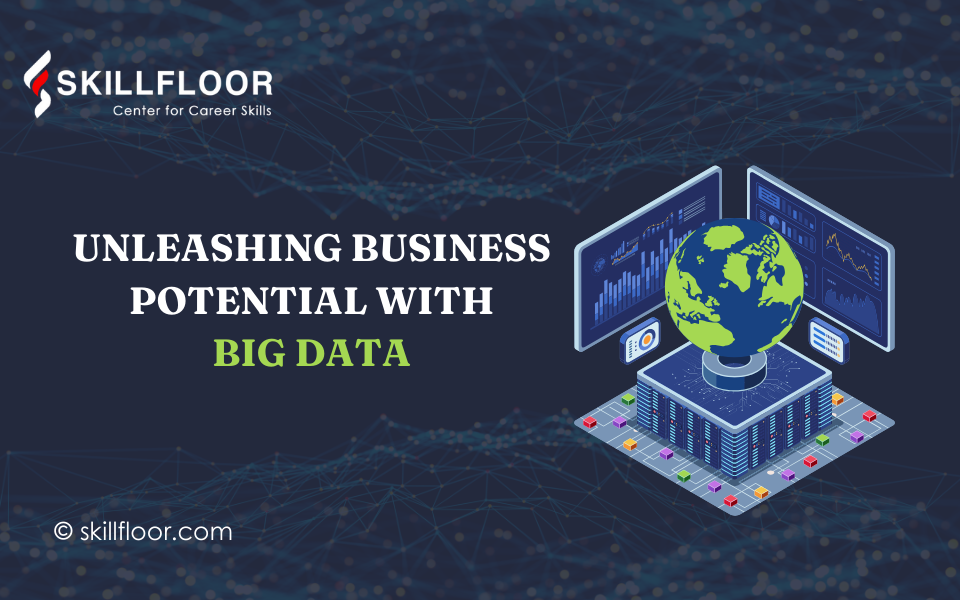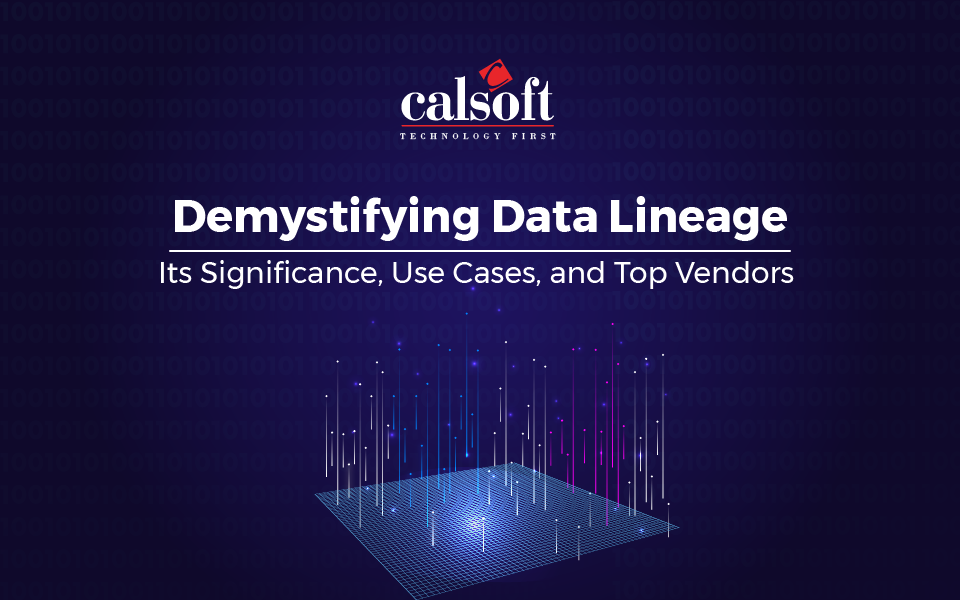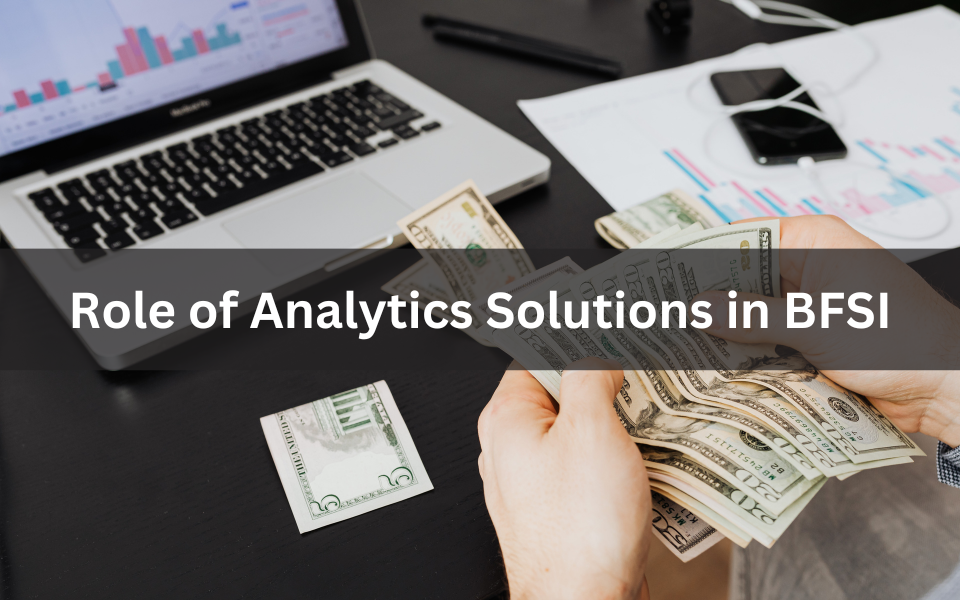Businesses today have access to volumes of data on their customers. This vast amount of data is gathered from numerous sources. All the collected raw data hold a tremendous value that requires proper extraction to generate valuable business insights. Tapping the power of data is a must for businesses, and sustainability in the competitive marketplace, as it solely depends on how advanced businesses operate.
Turning Data into Purpose
Capturing volumes of data creates the problem of sorting through and analyzing all the information to generate insightful outcomes. And no human can sit down and read through the heaps of customer data. With analytical tools, the data can be analyzed and assembled quickly and efficiently.
Within an organization, data is spread across multiple spreadsheets, and the data processing is done using inconsistent emission databases. In addition, organizations often fail to see the value in investing in sustainability measures. Many are even adopting a much narrower definition of sustainability and reducing it to environmental sustainability alone. However, it is critical for organizations to take into consideration the main pillars: people, planet, prosperity, and partnership. To close the data gap, enterprises need to drive impact beyond environmental sustainability and integrate a more holistic social value.
Read more: Rising Significance of Big Data Analytics for Exponential Growth
One of the significant benefits of turning this data into purpose driven by valuable insights is to gain a better understanding of current market trends. Organizations can analyze the assembled data and make better-informed decisions. And with the amalgam of AI and ML, they can make accurate predictions. Integrating data-driven decision-making helps in generating more fruitful results for businesses, enabling them to plan and forecast revenue growth efficiently. With machine learning (ML) algorithms and AI proliferating and improving, data analytics is becoming a powerful tool for organizations to break the sea of data into manageable tidbits for generating actionable insights. Some AI programs also offer recommendations to decision-makers on the basis of contextualized data. Without such algorithms, all the data captured would be utterly useless.
Today, businesses collect data at every point of their customer journey. This information includes insights on mobile app usage, digital clicks, social media interactions, and more, all contributing to a data fingerprint that is completely unique to its owner. The social norms of customers have certainly changed, and as a result, their expectations of brands have escalated. But how businesses can reap the benefits from data to scale and drive positive outcomes for their business and their customers while maintaining and facilitating the highest level of data protection. Let's find out.
-
Refocus on their vision: Organizations need to refocus on their goals towards their product or services and the way they are delivered. In doing so, they can fully leverage the power of data and create financial and social value.
-
Master data analytics and technology: Organizations need to adopt advanced analytics tools and the cloud to strengthen their data collection, data management, and reporting. These capabilities will assist in measuring progress against environmental, social, and governance (ESG) goals.
-
Collaborate with the ecosystem: By adopting technology that facilitates operational integration, organizations can partner with other organizations and establish transparent sharing of ESG data.
-
Revamp the role of employees and consumers: By establishing a feedback loop, organizations can keep a record of customer inputs and update them on their ESG goals.
Read more: Anatomy of Consumer Data: How is it driving Changes in Decisions for Businesses?
Scaling Data-Driven Enterprises
With customers’ attitudes and purchasing patterns evolving, more people are making conscious decisions regarding their data. They expect companies to align their organizational objectives with their values. Enterprises are under the growing scrutiny of not just investors and regulators but also socially conscious consumers. Today, promoting net-zero emissions, diversity and inclusion, and so forth go hand in hand with long-term financial and operational excellence to achieve sustainable growth.
Let's understand some of the key benefits associated with deriving data value for organizations.
-
Anticipating Data Needs
Organizations are feeling competitive pressure to acquire new customers as well as understand their existing customers’ needs and optimize customer experience to develop longstanding relations. By sharing customer data and allowing relaxed privacy, customers expect enterprises to know them, create relevant interactions, and offer a seamless user experience across all touch points.
Due to this growing demand, organizations need to capture and reconcile multiple customer identifiers like mobile phone, email, and address. Customers are using multiple channels in their interactions with enterprises. Hence both traditional as well as digital data sources must be brought together to study and understand customer behaviors.
-
Mitigating Risks
Security and fraud analytics strive to protect all physical, financial, and intellectual data assets from misuse by internal as well as external cyber threats. With efficient data analytics capabilities, organizations can integrate optimum levels of fraud prevention framework for overall organizational security. This will further help them in quickly detecting potentially fraudulent activities and anticipating future actions.
Read more: Top Data Analytics Certification Programs to Explore in 2023
By using statistical, network, path, and data collection methodologies, organizations can detect and predict fraud activities and integrate models leading to alerts with timely responses triggered by real-time threat detection. Furthermore, this integration and correlation of data across organizational operations will also offer a unified view of fraud across different lines of business, products, and transactions. Data management, along with efficient and transparent reporting of fraud incidents, will result in enhanced fraud risk management processes.
-
Personalization of Services
Organizations are still struggling with structured data, and they need to cultivate a responsive framework to cope with the volatility created by customers engaging with digital technologies. Incorporating measures to interact with customers in real time and make them feel personally valued is possible only through advanced analytics. Data presents businesses with the opportunity to initiate interactions depending on the personality of the customer by studying and identifying their attitudes and weighing in factors such as real-time location to deliver personalization across multi-channels.
-
Optimizing Customer Experience
Poor data management can lead to a myriad of issues, such as a significant risk to consumer data and damaging the customer experience, thus ultimately hampering brand loyalty. By applying analytics to design, control the process, and optimize business operations, organizations can ensure efficiency and effectiveness and fulfill customer expectations to achieve operational excellence.
By deploying advanced analytical techniques, they can also improve productivity and efficiency, along with optimizing the organizational workforce depending on business needs and customer demand. The optimum utilization of data analytics and technology will also ensure continuous improvements and growth.
Read more: Designing an Effective Data Storage and Management Culture to Simplify Technology Mix
Final Thoughts
The present and future of data analytics are bright and broad for the business world. The amount of data businesses collect is increasing with every passing year, and so will the analysis. Therefore, allocating suitable resources to extract data value is as important to ensure quality services.
With organizations integrating technologies that capture and analyze data proliferate, they are witnessing the power of data and its ability to present new insights. Through consumer behavior and predictive analytics, organizations can regularly capture, accumulate, and analyze large volumes of quantitative as well as qualitative data on their consumer base.
Today, data is a crucial tool being deployed by high-performing enterprises to organize, execute, and monitor strategies that bring together social and environmental purposes along with financial and operational excellence. Private and public institutions are turning data into purpose that enable them to deliver environmental and social value, thereby translating into long-term organizational growth.
In a nutshell, businesses are identifying and understating the primary purpose of classifying data and fostering the accumulated data with the purpose of driving process and growth.





